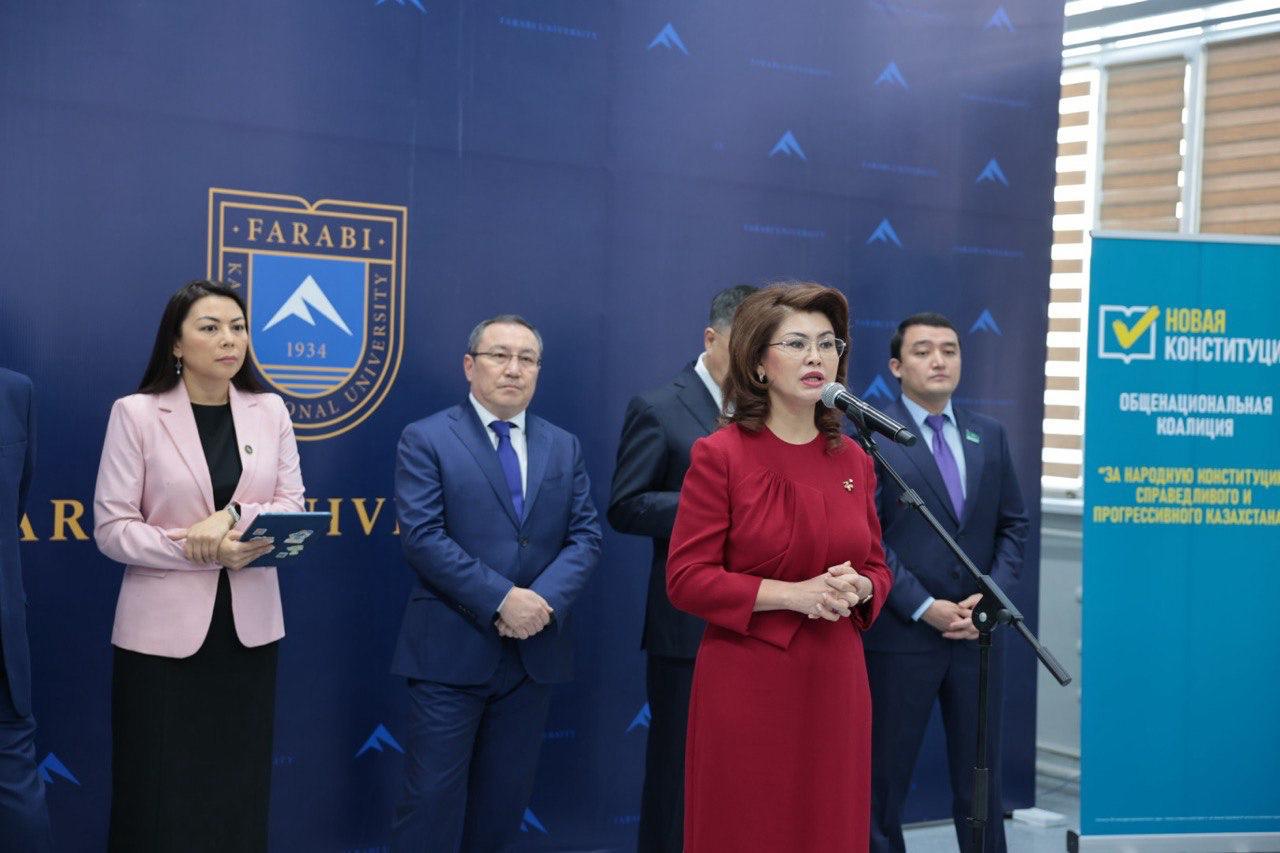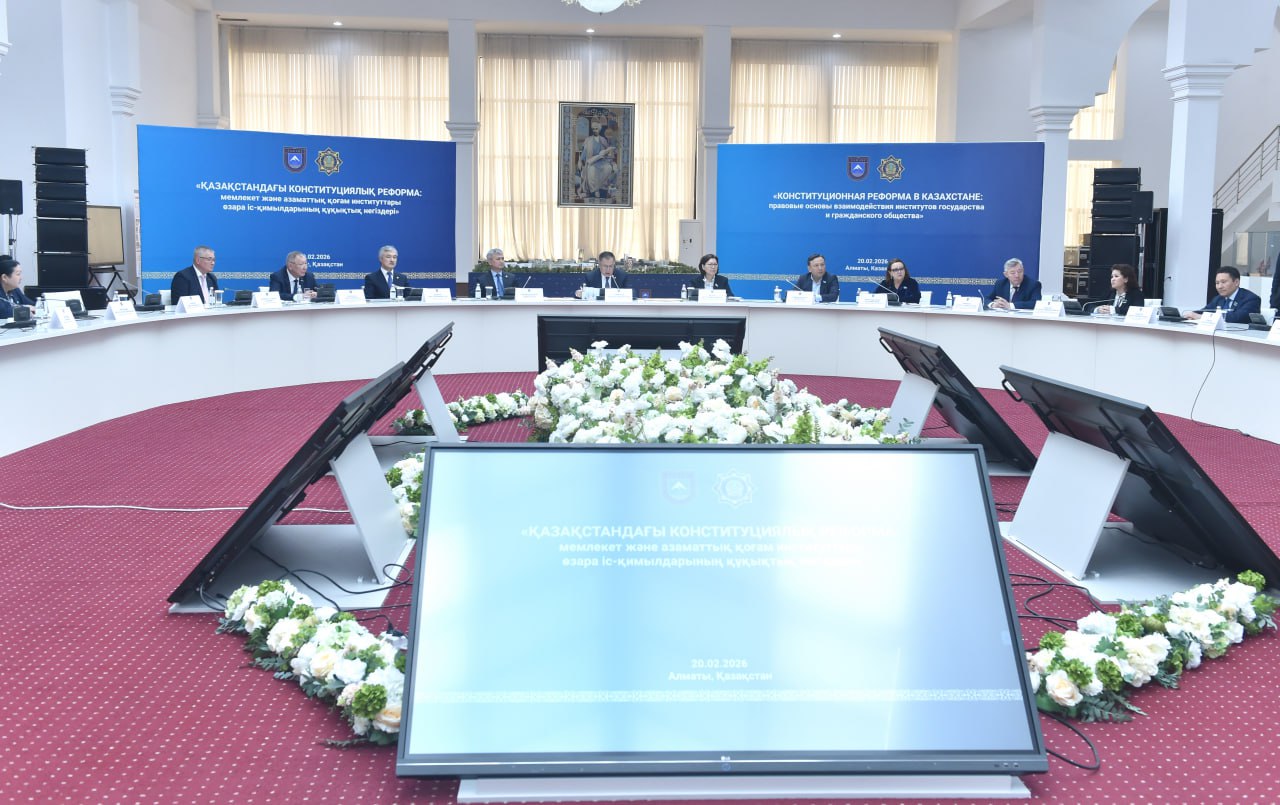ONLINE-SEMINAR
Alex Alekseenko
SESSION № 1
Wednesday January 15, 2020 at 14.00 .
Seminar Leaders:
- Chief Researcher, IvMiMG SB RAS, Professor, Corresponding Member of RAS, S.I. Kabanikhin
- First Vice-Rector of KazNPU named after Abay, Professor, Doctor of Physical and Mathematical Sciences, M.A. Bektemesov
- Dean of the Faculty of Mechanics and Mathematics, PhD Dr. D.B. Zhakebaev
Novosibirsk, st. Pirogova, 1, NSU, auditorium 4109
Almaty, 71 al-Farabi Ave., mehmat, audience 213
Almaty, 13 Dostyk Ave., KazNPU, room 303
THEME: «Toward Making Deterministic Solution of the Boltzmann Equation Practical».
Annotation. It is believed that the Boltzmann kinetic equation provides the most accurate description of a gas on a microscopic scale and provides a theoretical basis for gas models on a macroscopic scale. Many recent applications of miniature aerospace technologies represent processes that span a range of scales from macroscopic to microscopic. For such applications, the Boltzmann equation gives a single description. The development of methods for numerically solving the Boltzmann equation for complex geometries and in several dimensions can help us understand the fundamental processes in noncontinental gases, from flows in small channels to high-speed high-altitude turbulence. At the same time, an effective high-precision solution of the Boltzmann equation turned out to be difficult to achieve. The difficulties lie in the high dimensionality of the equation, the exorbitant cost of estimating the collision operator describing the interaction of molecules, and the significant lack of effective surrogate models to ensure an accurate physical representation in strong non-continuum modes. However, in recent years, engineering and mathematical communities have made significant progress in understanding this problem.
In this presentation, we will discuss several approaches to developing an effective deterministic solution of the Boltzmann equation, including Fourier spectral methods and methods based on Galerkin discontinuous discretizations. We will also try to touch on new ideas for deriving low-order models for noncontinuous data-based gases. Although the subject is quite extensive and technical, every effort will be made to limit the discussion to basic ideas and make the conversation acceptable to undergraduate and graduate students.
SPEAKER:
Alex Alekseenko, Department of Mathematics, California State University, USA.
Are invited teachers, doctoral students, undergraduates, students.


